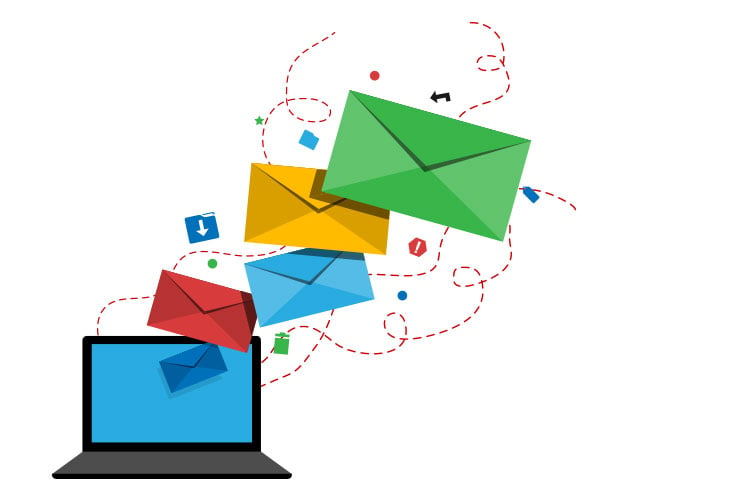If you are the owner of a hospitality business such as a restaurant or a hotel, you will sometimes receive emails from your customers asking questions, voicing complaints and making requests. When a customer contacts your business via email, the way that you respond to their email will make a big impact in their first impression of you. When you are responding to your customers via email it is important to make sure that you are responding with the right tone – whether they are making a complaint or asking a question.
Here are some tips for determining what tone of speech is best to use when responding to your customers by email:
What is the Overall Style of Your Business Brand?

Your professional email communications with your client should match the overall style of your brand, so think about the image that you have already conveyed. For example, if you are a high end luxury hotel offering the finest and most sophisticated service in town, your town will be much more formal and upscale than a backpacker’s party hostel. An edgy live music cocktail bar will have a different brand image than a wholesome family friendly restaurant. Think about the image that you have already created for your brand and how you can depict that tone in your correspondence.
Don’t Be Too Casual

If your business has a down to earth and relaxed brand, you will be able to be a lot more casual in your email correspondence. However, you don’t want to be too casual in your emails or it will start to look unprofessional. For example, if you are using emoticons (aka. Smiley faces) in your emails many people will see this as too juvenile and not appropriate for a business. Also, if you try to use words such as “awesome” or “sweet” then people might feel like you are being too casual.
Every Case is Different

The person responsible for email communication with your customers should understand that every situation is different and that they can use a slightly different tone depending on the customer and the conversation. For example, if a customer has emailed with a serious complaint a more formal and professional tone is probably warranted. However, if the customer is contacting with something fun and light-hearted such as a special request for a hotel to place a surprise anniversary bouquet of flowers in their room, then the email exchange can be more warm and friendly. Your customer service representative should be able to read into the tone and the mind-set of the customer, so that they can respond accordingly.
Keep in Mind – Frustrated Customers Pay Attention to Tone

If your customers are emailing you with a problem, they will be much more sensitive to the tone that you are using due to their frustration. If they are in a situation where they are not getting what they want, they will be much more aware of the tone you are using. This is why it is important to consider the emotional state of the customer and be mindful of your language – especially if the customer is showing signs of anger, confusion and other negative emotions. Even if what you are saying is completely reasonable, saying it in the most diplomatic tone possible will help to soften the blow.
Personalisation is Important

If your customer feels like you are not listening to them or that you don’t care about them, they will become even more frustrated. This is why it is important to add a personal touch when you are writing emails to your customers. Using their name is so much more effective than saying, “Dear Customer”. Let the customer know that you care about them and their needs – this will help to de-escalate the situation significantly.
Remember, you never get a second chance to make a first impression – so it is very important that you use the right tone when you are responding to customers via email. Your tone will play a major part in how your customers perceive you and the words you select can really convey a lot of meaning. Keep this in mind the next time you respond to a customer via email.